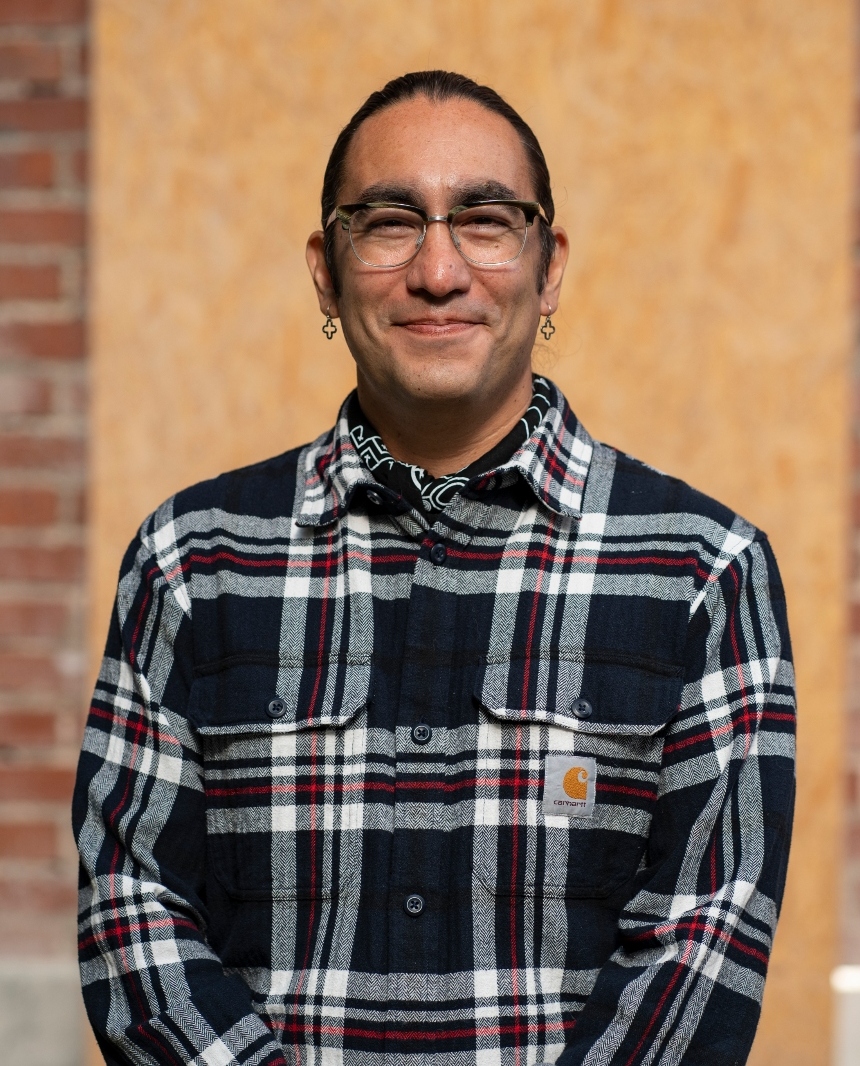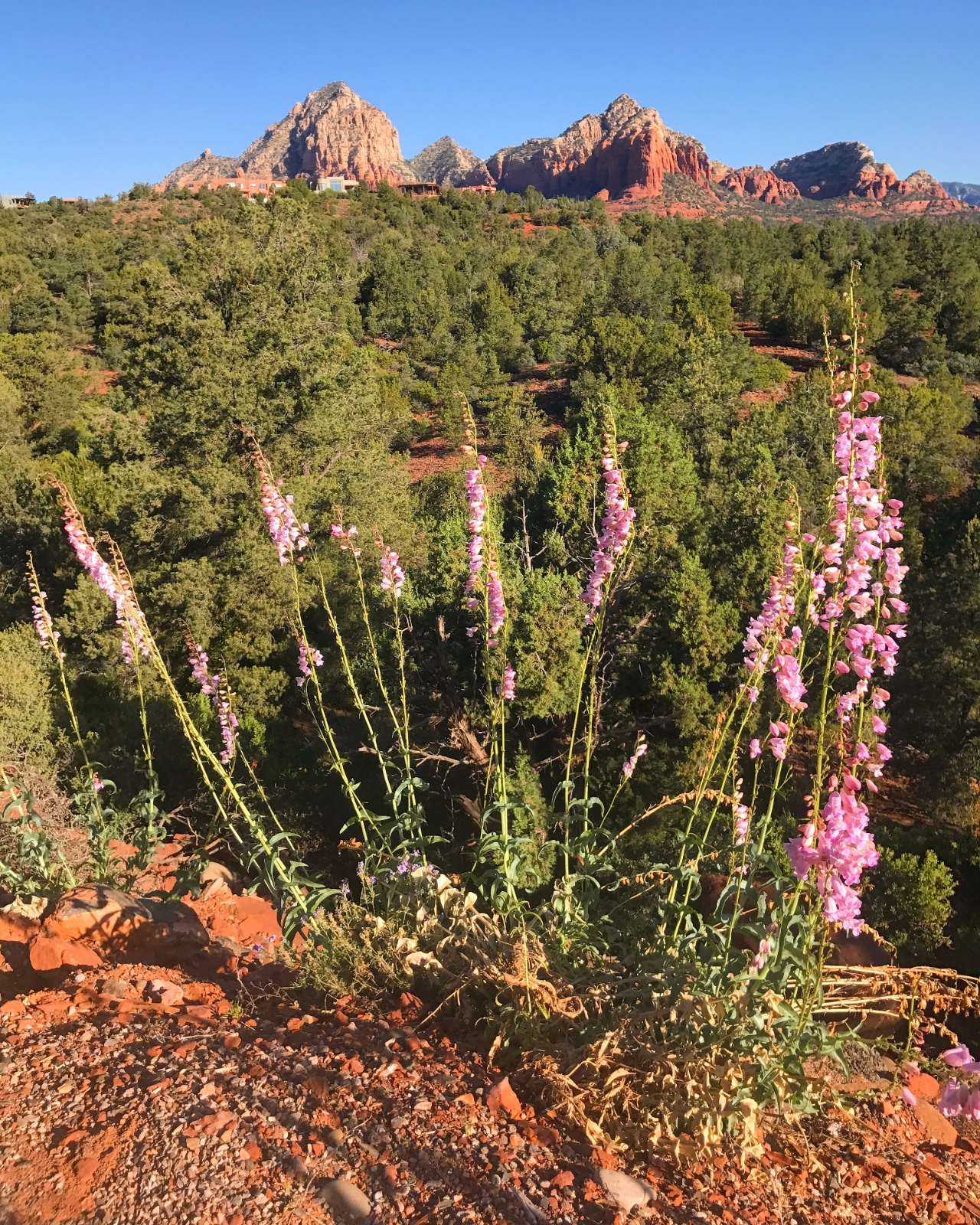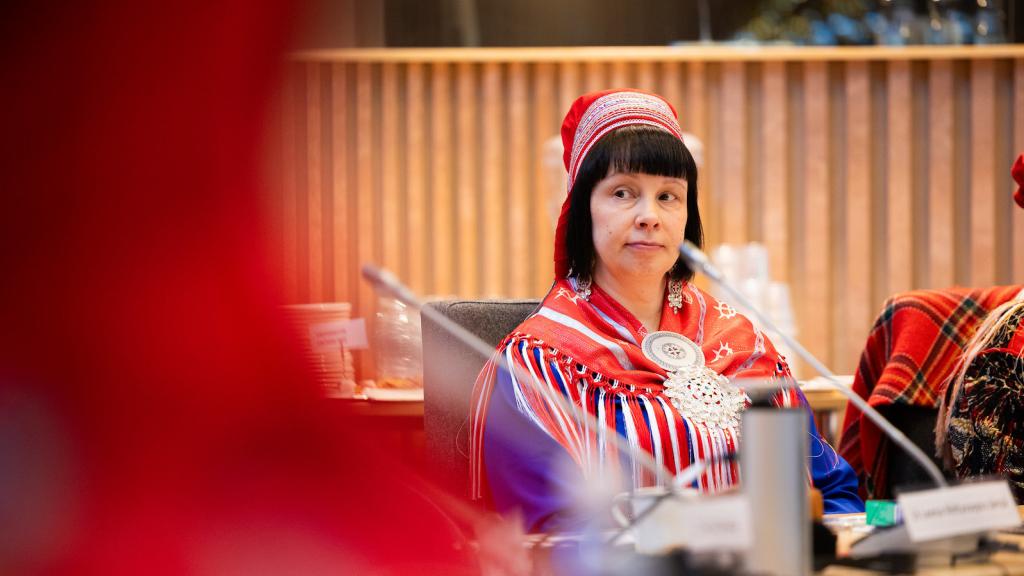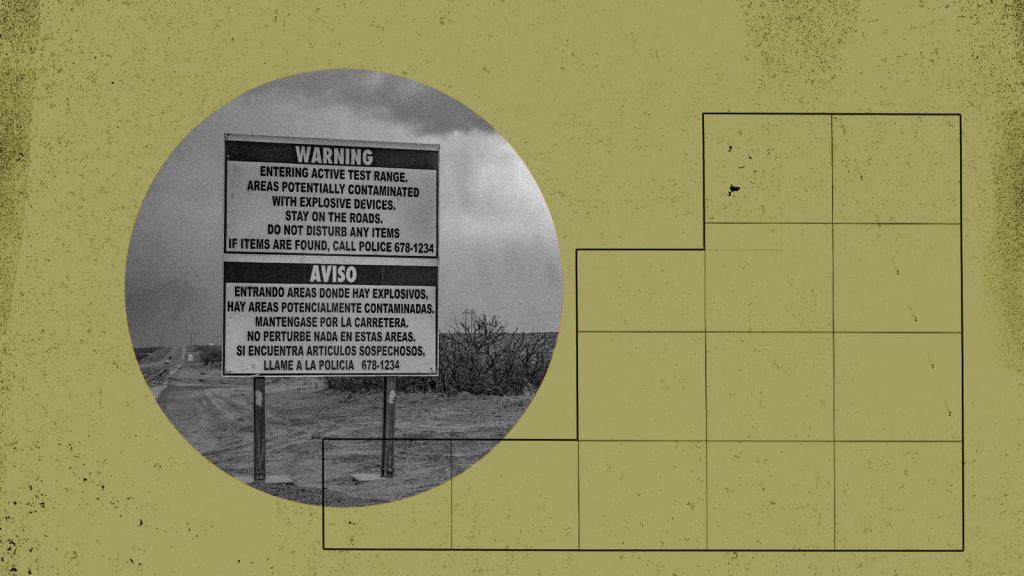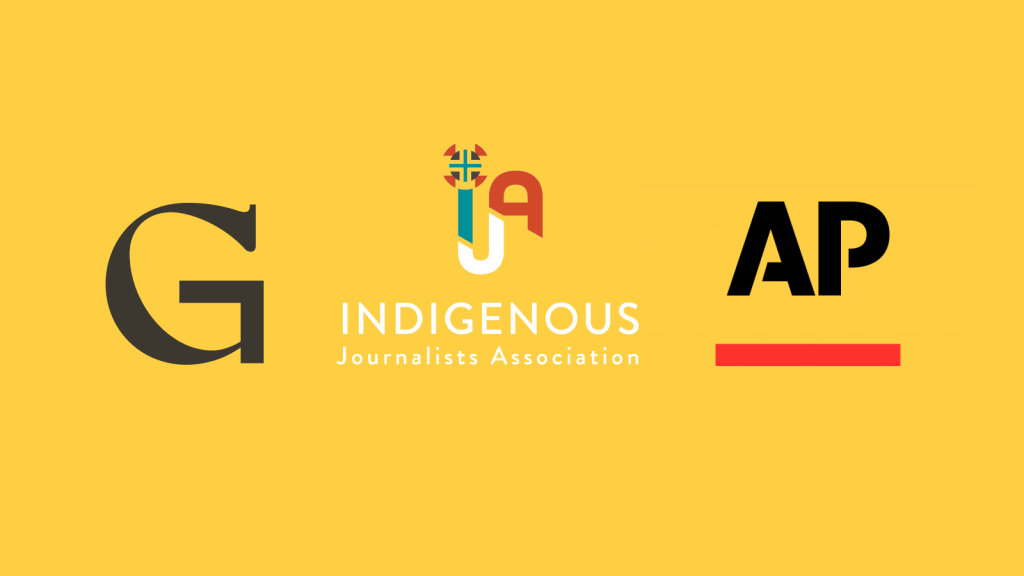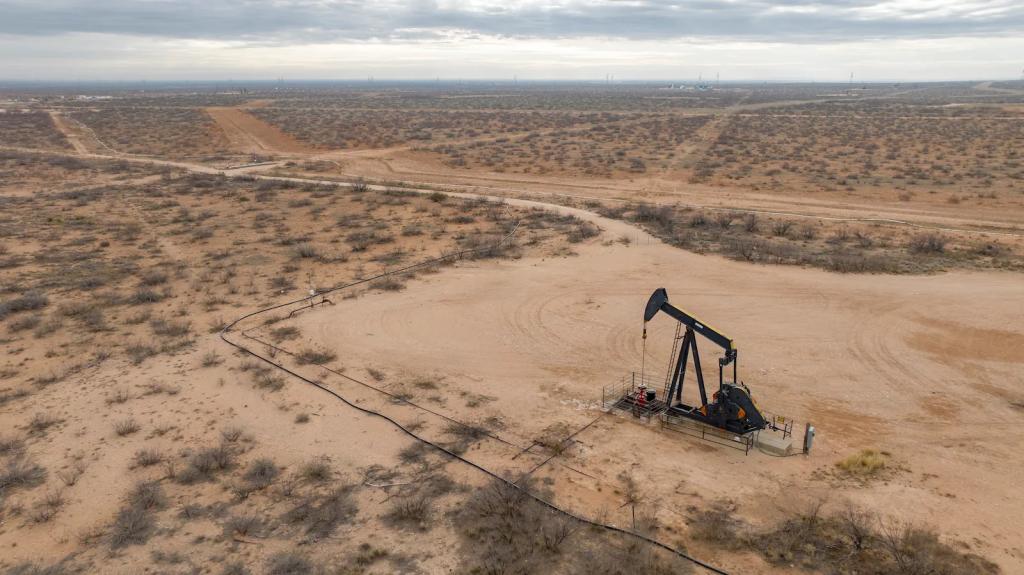When Billie Eilish told Grammy audiences that “no one is illegal on stolen land,” she ignited a small firestorm that went beyond celebrity discourse, revealing deep fault lines in how America confronts its own history.
Critics accused her of hypocrisy, pointing out that her multimillion-dollar Los Angeles home sits on Tongva land. Republican Senator Ted Cruz of Texas invoked her line in a Senate hearing, calling the entertainment world “deeply corrupt.” Meanwhile, pundits and commentators spawned online backlash and memes. And The Washington Post published an op-ed defending property law and dismissing land restitution.
“No, Billie Eilish, Americans are not thieves on stolen land,” op-ed authors Richard Epstein and Max Raskin wrote on Thursday. Only days before, Eilish responded to ongoing Immigration and Customs Enforcement raids and killings by pointing to America’s history of violent colonialism and genocide directed at Indigenous peoples. The Washington Post authors argue “it’s time to put Eilish’s theory of prop... Read more
